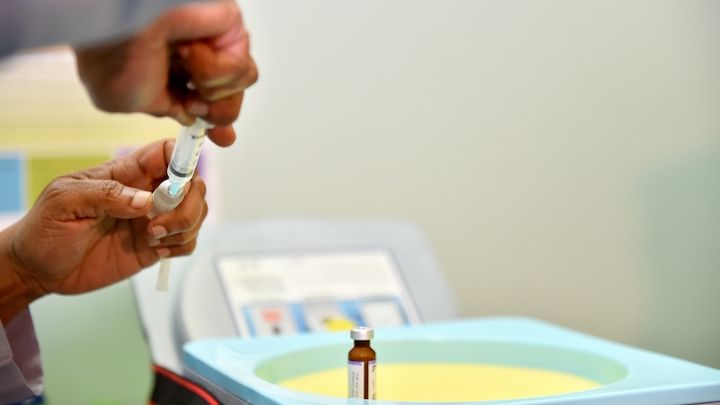Maldives eliminates measles
The World Health Organization has verified the Maldives and Bhutan as the first countries in Southeast Asia to have eliminated measles ahead of a 2020 regional target.

14 Jun 2017, 09:00
The World Health Organization has verified the Maldives and Bhutan as the first countries in Southeast Asia to have eliminated measles ahead of a 2020 regional target.
Commending the “momentous public health achievement,” WHO Regional Director Dr Poonam Khetrapal Singh said both countries have “demonstrated how a highly contagious virus like measles can be eliminated.”
“The strongest political commitment, alongside the concerted efforts of health workers, officials and partners at all levels, has helped achieve this landmark success, which is a boost to the region’s effort to eliminate measles and control rubella,” she said.
“Both countries achieved and maintained high coverage of measles vaccination, despite geographical challenges. They also established strong laboratory-supported surveillance for measles, and have conducted detailed case investigation and tracking, right up to the very last case.”
Become a member
Get full access to our archive and personalise your experience.
Already a member?
Discussion
No comments yet. Be the first to share your thoughts!
No comments yet. Be the first to join the conversation!
Join the Conversation
Sign in to share your thoughts under an alias and take part in the discussion. Independent journalism thrives on open, respectful debate — your voice matters.




